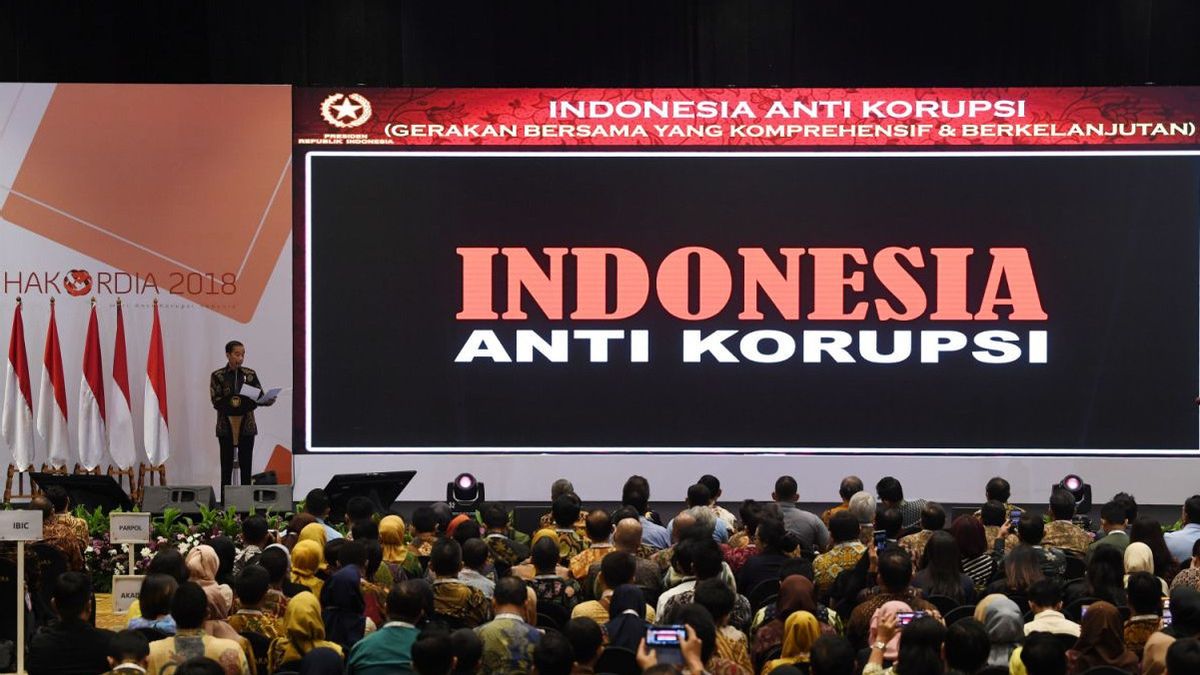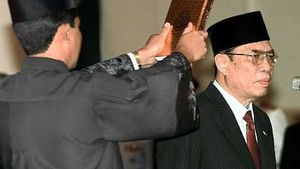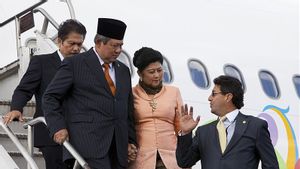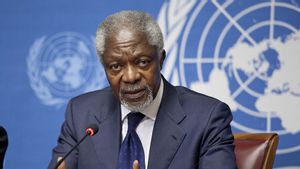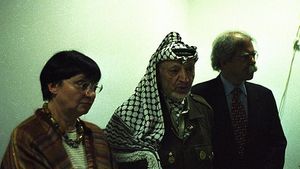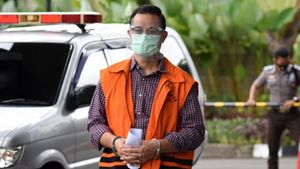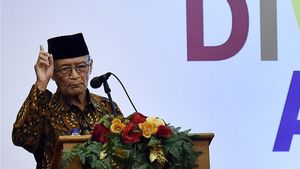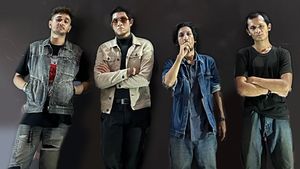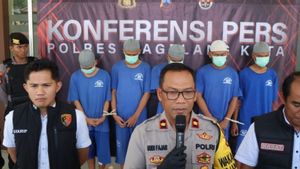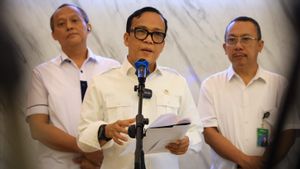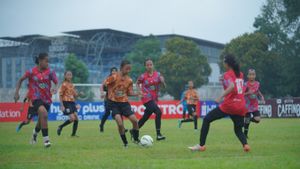JAKARTA Memories of today, 20 years ago, December 18, 2003, the Indonesian government officially signed the UN Anti-Corruption Convention (UNCAC). The signing was signed at the United Nations Headquarters, New York, United States (US). The results of the convention are trying to be ratified as a legal product.
An assessment that can make it easier for Indonesia to find corruptors' assets abroad. Previously, Megawati Soekarnoputri's leadership was a new sign of Indonesia's resistance to corruption. He built the Corruption Eradication Commission (KPK).
Corruption has been rampant in Indonesia. The narrative lasts forever because corruption is carried out in congregation. In the New Order era (Orba), especially. Resistance to corruption is difficult to hear. The government is also not firm. Everything changed when the New Order stepped down.
The desire of reform-era national figures to eradicate corruption has peaked. They want to present a special institution that fights corruption. The establishment of the KPK was also discussed. Megawati then realized the initiation into a legal product.
The product of Law number 30 of 2002 concerning the Corruption Crime Commission was born on December 27, 2002. The mandate of the law is clear. Megawati wants to form a KPK. Megawati also wants the KPK to emerge as an independent institution.
An institution that will be able to work freely to eradicate corruption without being ridden by other interests. However, the establishment of the KPK is not easy. The government began to prepare slowly this institution, from building systems to operating standards.
The result, booming. The KPK is a scourge for corrupt officials. Anyone who harms a large number of countries will always be stalked by the KPK. This condition made the Koran deflate the KPK to the surface. The KPK wants to raise it so that it does not have great authority to follow corruption.
Founded on the orders of Law Number 30 of 2002 on December 27, 2002, the KPK road is indeed long and bloody. Starting from scratch, this institution slowly prepared itself. The reconnaissance team, which has been only owned by police, soldiers, and intelligence agencies, was formed. This team with high technology support has recently been proven to be effective in capturing the hands of corruptors.
"Investigators were recruited, including from the police and prosecutors-two institutions that have been also unknown clean. The system was formed, operating standards were prepared, including by carefully supervising KPK workers. Supervision and internal indoctrination make "bad" can be used as "good". The police and prosecutors who work at the KPK are slowly aware that corruption cannot be continuously protected," wrote Tempo Magazine's report entitled A One Decade (2012).
The Indonesian government continues to strengthen the eradication of corruption in Indonesia. This seriousness is evidenced by the presence of Indonesia in the UN Anti-Corruption Convention. Indonesia was even represented directly by the Minister of Justice and Human Rights, Yusril Ihza Mahendra signed the UN Anti-Corruption Convention in New York, USA on December 18, 2003.
SEE ALSO:
The signing is expected to be a new assessment of eradicating corruption in Indonesia. The return of corruptors' assets abroad, which used to be difficult, can now be perpetuated. Moreover, then the results of the convention were ratified by Indonesia into Law Number 7 of 2006 concerning the ratification of UNCAC 2003.
This is the first time that the matter of adjudicating corruptors and tracking people's money that is rushed abroad is no longer just a case in the country concerned, but involves outside interference, namely the United Nations. The UN agency that specializes in handling is the United Nations Office on Drugs and Crime (UNODC) based in Vienna. Minister of Justice and Human Rights Yusril Ihza Mahendra has acted as representative of the Indonesian Government in signing the convention on December 18, 2003 in New York,
Indonesia, as with the hundreds of countries that have signed the convention, is aware that corruption has become a form of high crime that is endemic worldwide and the most affected are countries that have weak law enforcement. Not only funds from the country itself have been corrupted by unscrupulous officials, especially since loan funds (from abroad and in large quantities) which are very much needed by the people of developing countries are actually inflated and misappropriated by the perpetrators of corruption," wrote Kompas newspaper report, December 20, 2023.
The English, Chinese, Japanese, Arabic, and French versions are automatically generated by the AI. So there may still be inaccuracies in translating, please always see Indonesian as our main language. (system supported by DigitalSiber.id)
